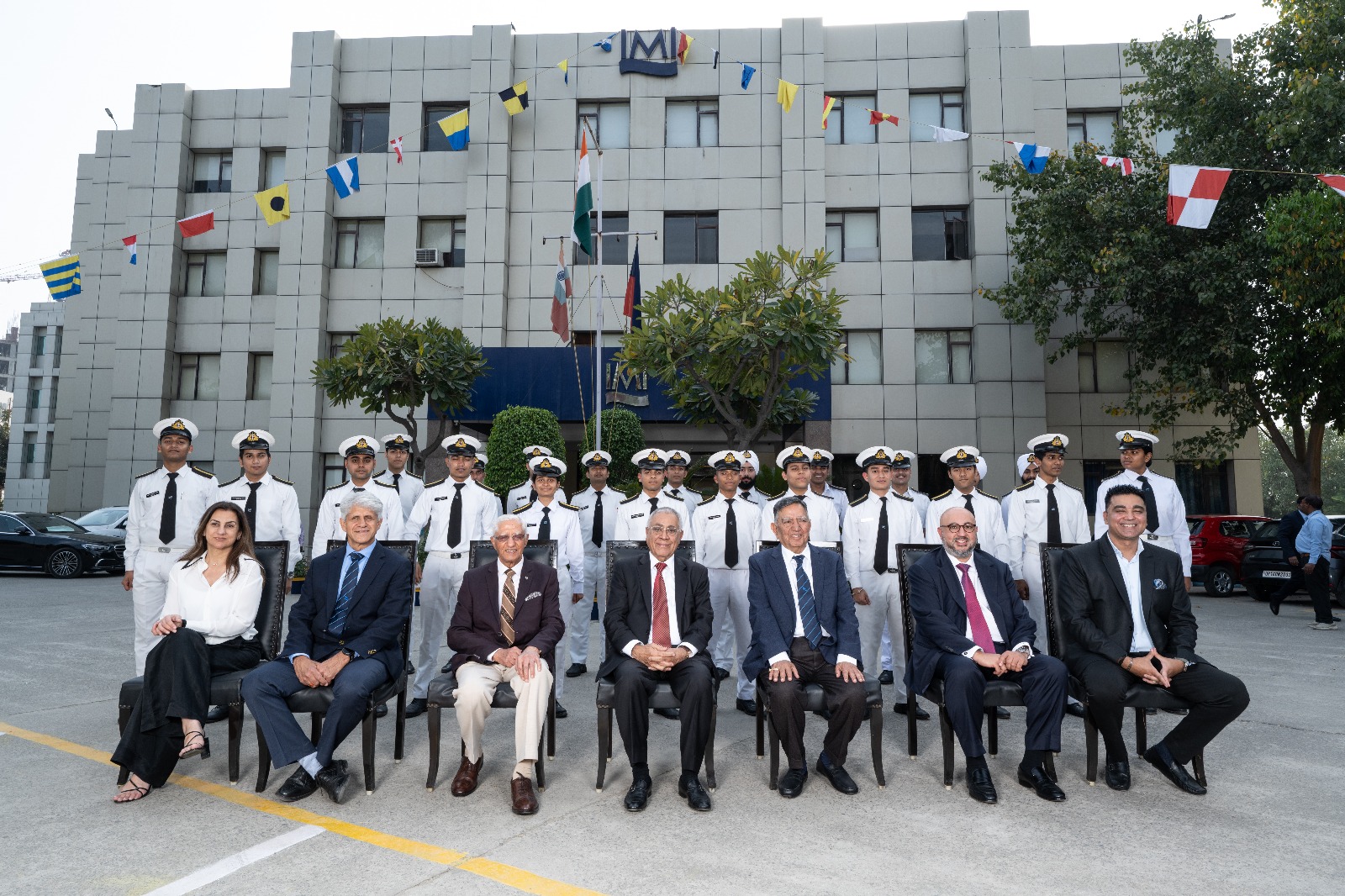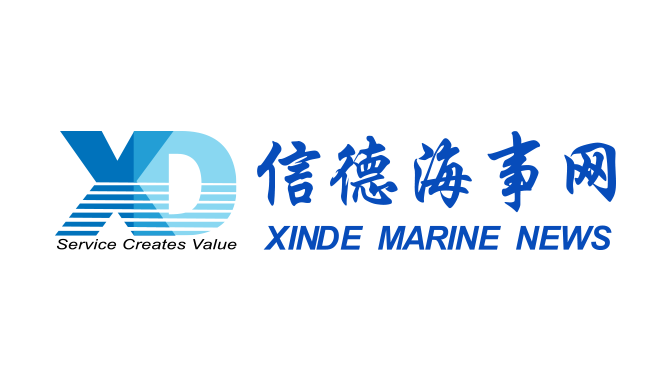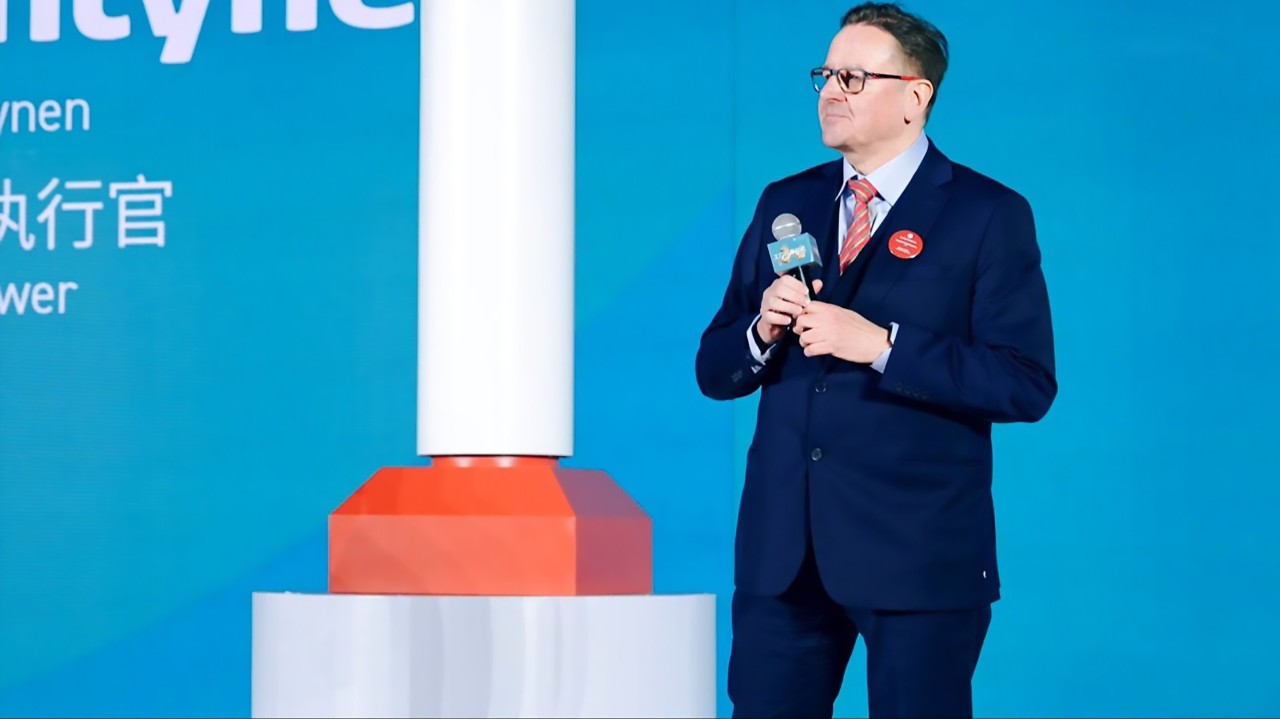
In a few short months, the mayhem wrought by coronavirus has changed the world. Our response to the epidemic [more than the virus itself] has the potential to permanently alter the balance of the global economy. But it might be the kind of Black Swan event we need to trigger real change in the shipping industry, In particular, its approach to digitalising vessel operation.
The maritime industry thinks it is undergoing digitalisation. Change is happening, but way more slowly and unevenly than is claimed. The technology currently found on board ships, in the operation centres run by shipmanagers and in owners’ head offices is improvised, disconnected, and fragmented. It is a far cry from the vision described by technology leaders.
There may be isolated examples where this is not true, but pockets of progress hardly add up to evolution.
The event, set of conditions, or imaginative genius needed to trigger ground-breaking change and bring about a real digital transformation still has not arrived.
Technology entrepreneurs such as Henry Ford, Steve Jobs, Bill Gates and Elon Musk’s ideas and single-minded ambition gave birth to inventions that went on to change the world.
This disruption cannot be planned – especially not by the sort of committees that reside within the corridors of IMO and similar organisations, whose exact purpose is to control and regulate.
Regulation has always lagged technology and as technology races ahead, that gap is widening.
Human factors
As an ex-seafarer I have been saddened by the deterioration in the attitude towards working conditions and treatment of seafarers. I honestly believe the situation has only worsened since I left the sea.
Studies suggest one-in-five seafarers have considered self-harm. About 85 seafarers die on the job every month. Of these, around five take their own lives. These are staggering statistics and ones we should be utterly ashamed of.
Our industry talks incessantly about safety, yet the figures suggest we are failing to deliver because a major part of achieving a safe ship is a crew who are happy, respected and feel supported.
Prior to taking the helm at Wallem, when I was running a technology company, I heard again and again fanatical product engineers rhapsodising about how technology was on the verge of making crew redundant.
The implication that crew no longer warrant consideration disturbed me on multiple levels. As anyone who has glimpsed into a ship engineroom or bridge can tell you, there is a trend towards greater automation.
But it is also worth pointing out that these systems are overseen by teams of highly trained, competent operators.
The notion that unmanned vessels are just around corner is becoming more dubious by the day. When you consider the demands on shipping for new engines, fuels and environmental monitoring on the one hand, and the challenges surrounding complexity that were brought into sharp relief by the troubles with the automated flight control systems on the Boeing 737 Max on the other.
From my perspective, automated operation is a goal we could and should strive for, but, supported by skilled teams on board and ashore – and backed up by a clear business case.
Yet with the quality and reliability of equipment on today’s ships, I am not holding my breath for this to happen anytime soon.
Multiple levels of redundancy for propulsion and safety systems will be required before we can begin to contemplate removing any crew.
Until that day arrives, the industry must step up efforts to ensure that seafarers are treated with the respect they deserve.
The past 12 months have seen crew imprisoned on spurious charges, owners avoiding paying collective bargaining wage levels and owners refusing to pay for security escorts in high piracy areas.
Without getting drawn into the numerous ethical questions and moral debates this raises, this is a major safety concern given the value of ships and their cargoes that are entrusted to crew.
Technology implementation
We have so much technology at our disposal, yet its implementation is being botched at almost every stage.
Firstly, there is a disconnect between where shipowners and shipmanagers are in their modernisation story and the solutions being offered by technology vendors.
Many operators still run unsophisticated platforms and are yet to fully embrace technology as a means of raising operational efficiency.
Furthermore, products on the market today only provide partial solutions. Integrating them with the rest of the ship and shore operations is, at best, a complex and arduous process. Often it is close to impossible.
Proper optimisation requires up-to-the-minute accurate data from an array of machinery and navigation systems, which can be interpolated against a vessel’s past voyages in order to improve future ones.
Good luck to anyone searching for such a solution, for the right price, with buy-in from the owner.
The multiple companies involved, various protocols and quantities of manual data-entry needed in the early stages make this a minefield for any owner or operator to tread.
I quite understand that vendors want to sell their wares, but the lack of transparency does no one any favours.
Misinformation will not speed up the sale and risks poisoning the well as far as attracting future customers is concerned.
Digitalisation today is a toxic combination of overhyped capabilities, confused customers and fragmented implementation.
This current coronavirus crisis is changing the economic picture enough for a new model to evolve.
Maybe a charterer will have a lightbulb moment and decide it makes sense to pay for the green ship with a qualified crew and the latest technology.
I believe data – specifically vessel operational data – is going to become the differentiator, and the first to pick up and run with this will take the lead.
But it goes further than leveraging technology to improve fuel efficiency, or for smart routeing or just-in-time arrival.
It is more than a faster satellite connection or wider data sharing. This is about reinventing ships as an economical, green node on the value chain.
Tomorrow’s shipmanagers will have a full picture of the daily performance of the ships, as well as a budget and maintenance plan driven by live analytics.
Vessels will be operated by smart people on board and ashore who are empowered to make sensible decisions with the help of advanced analytical tools that untangle data from a multitude of sources.
This lies in stark contrast to the situation now, which sees superintendents managing a vessel to an annual budget agreed months previous and which blindly carried across the preceding year’s figures.
In short, attitudes have to change, from the top of the organisation to the bottom.
We have to a take fresh views of change, of management, of technology, of the human factor. We must learn to accept that shipping is not special.
It is not immune from the revolution and the longer it resists the greater the pain is going to be. If it wants to be special, shipping must let go of the past and reinvent itself.
Source:Riviera
The opinions expressed herein are the author's and not necessarily those of The Xinde Marine News.
Please Contact Us at:
media@xindemarine.com


 Dr. Harry S. Banga and Mr. Angad Banga of The Carav
Dr. Harry S. Banga and Mr. Angad Banga of The Carav  Liberian Registry Welcomes Kyle Hurst as Senior Vic
Liberian Registry Welcomes Kyle Hurst as Senior Vic  KATALIST: Accelerating Green Shipping through Innov
KATALIST: Accelerating Green Shipping through Innov  Revealing the risks: digital solutions for complian
Revealing the risks: digital solutions for complian  Beibu Gulf Port Chairman Zhou Shaobo Passes Away at
Beibu Gulf Port Chairman Zhou Shaobo Passes Away at  Exclusive Interview with Norsepower CEO: Bringing S
Exclusive Interview with Norsepower CEO: Bringing S